Debt Management in Globalised Asia: Challenges and Options
Synopsis
Debt bondage has become a borderless problematic phenomenon through the ages. Over the past 25 years (1980-2005), the magnitude of debt crisis has worsened in most of the Asian countries. The various palliative prescriptions of Economic Trinity-IMF, WB and WTO-to overcome “debt overhang†has actually fallen short of expectations with side-effects demoralizing the basic politico-economic structures and social value systems in developing countries. The Jubilee 2000 Coalition Debt Cancellation across the countries have intensively impacted the wisdom of “the Washington Consensus†messiahs including G-8 Big brothers of world economic salvation. Against the emerging unipolar world, enveloping globalisation and enlarging debt tentacles, there is greater urgency to interface with the Asian level and global links of the debt dynamics today. This compilation contains the concept papers, keynot address, seminar papers and documents of an Asian level Seminar on Debt Trap in the Globalised Asian Today held at Ecumenical Christian Centre, Bangalore on January 27-29, 2006. the deliberations of the Seminar singled out that only by building up the capabilities of people that debt crisis in Asia could be sustainably solved through the people-centric development programmatics and signaled an appeal to the donor agencies to “forgive†debts in the larger interest ushering in a new Socio-Economic Order in Asia. The book is divided into four parts. While Part – I focuses on the New Global Economic Order, Part II presents country Reports on India, China, the Philippines and Sri Lanka, Part III touches on the human dimensions of Debt bondage and relief. Part-IV deal with the Debt Relief Perspectives pertaining to Debt Crisis Resolution in Asia and Debt-Free Asia Vision 2020. The Contributors are: Mammen Varkey, Vedagiri Shanmugasundaram, Mathews George Chunakara, A.R. Veeramani, Saju Kurien, R. Arunachalam and T. Lakshmansasamy, S. Iyyampillai and P. Balamurugan, K.C. John and Subhashini Muthukrishnan, Marshal Fernando, Priscilla R. Atuel, A. Ranga Reddy, M.J. Joseph, M.Mani chacko, P.Jegadish Gandhi and V. Mathew Kurian. A Statement issued by the participants of the Seminar and additional reading materials are also included for a wider discussion. How do we make sure that will debt relief raise growth substantially? Will debt relief benefits poor people? And how can we ensure that poor countries in Asia do not get into debt trap again? These are some of the key policy issues and programmes covered in this extremely useful book.
Read more
18.90
17.01
$
21.00 $
Free delivery Wolrdwidе in 10-18 days
Ships in 1-2 days from New Delhi
Membership for 1 Year $35.00
Get it now and save 10%
Get it now and save 10%
BECOME A MEMBER
Books by the same authors
-
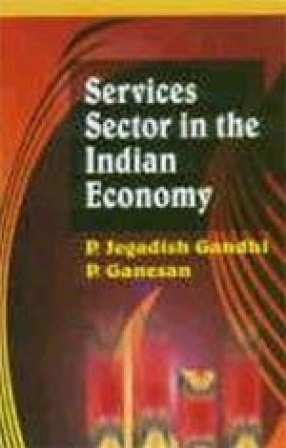
Services Sector in the Indian Economy: Macro Dynamics - Sectoral Dynamics - Policy Issues
-
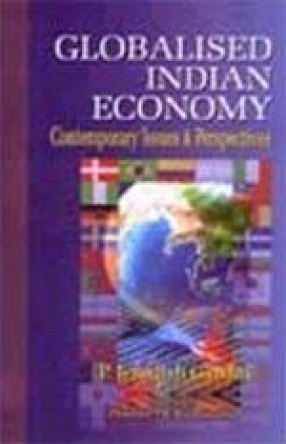
Globalised Indian Economy: Contemporary Issues and Perspectives
-
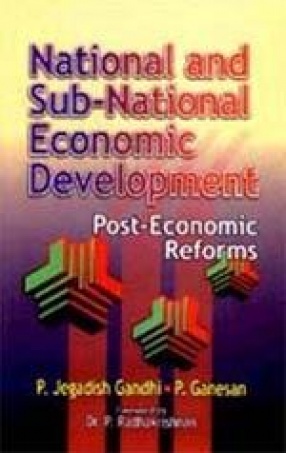
National and Sub-National Economic Development: Post Economic Reforms
-
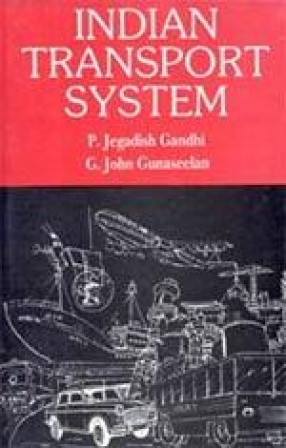
Indian Transport System
-

Public-Private Partnership in Nation Building
-
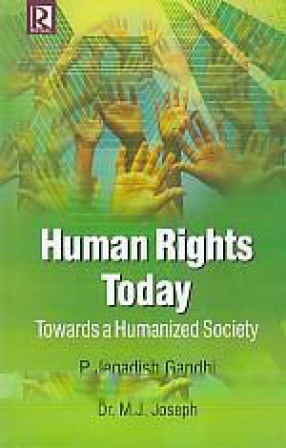
Human Rights Today: Towards a Humanized Society
-
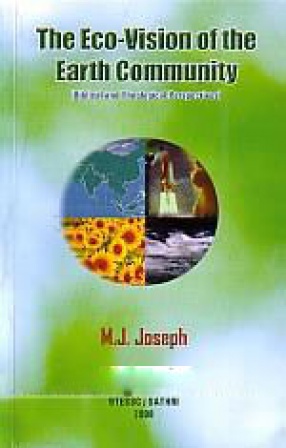
The Eco-Vision of the Earth Community: Biblical and Theological Perspectives
-

Musings and Markings: Poetic Reflections and Essays

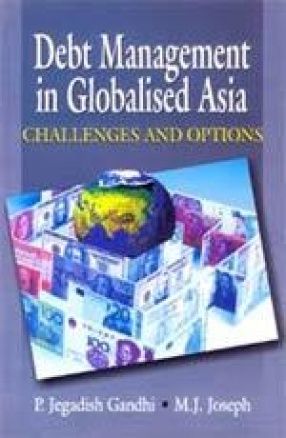





Bibliographic information
M.J. Joseph